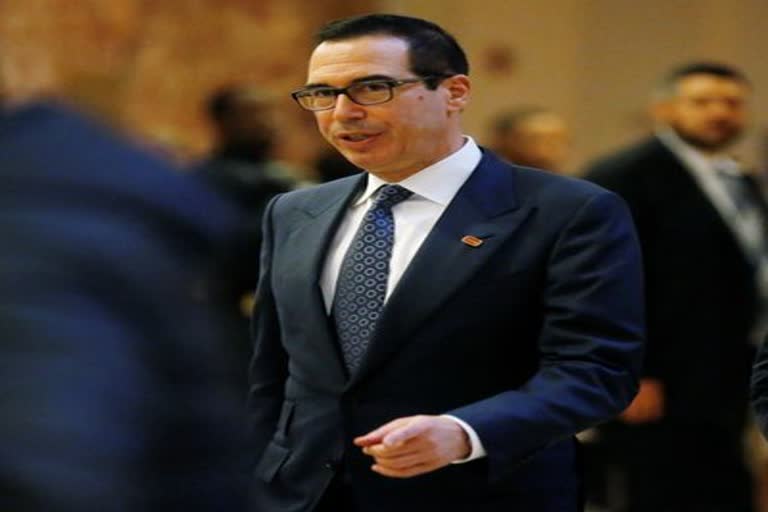Beijing: The US delegation arrived in China to begin a fresh round of trade talks that are expected to start on Tuesday. As both the sides seem to edge closer to resolve their damaging trade dispute, the upcoming trade talks assume importance.
The US delegation is led by Trade Representative Robert Lighthizer and Treasury Secretary Steven Mnuchin while the Chinese side will be represented by Vice Premier Liu He, the US media reported.
U.S. Treasury Secretary Steve Mnuchin said he hoped to make "substantial progress" on trade talks with China as he arrived in Beijing.
"We're looking forward to a productive discussion over the next few days," he said on Tuesday. "We've made a lot of progress, we look forward to the meetings."
Mnuchin said the talks would later resume in Washington, DC.
Chinese officials are expected to visit Washington on May 8 to continue and possibly conclude the negotiations.
Talks have dragged on for months, with both sides struggling to agree on key issues.
Read more:US-China trade negotiations in final laps: Mnuchin
The two sides are seeking to end a bitter trade war that began last year as a result of US President Donald Trump's protectionist agenda and his criticism of China's trade policies.
The US, which accuses China of unfair trading practices, imposed tariffs on USD 250 billion worth of Chinese products in 2018. Beijing retaliated with duties on USD 110 billion worth of American products.
Tariffs on USD 200 billion worth of Chinese goods were due to more than double at the beginning of the year, increasing from 10 per cent to 25 per cent.
But both countries agreed to suspend tit-for-tat tariffs after they struck a truce in December and began negotiations to work towards a deal.
Trump recently said Washington and Beijing had agreed on "a lot of the most difficult points" but that "we have some ways to go".
Sticking points in negotiations include how a deal would be enforced, issues around intellectual property protection, and how fast to roll back tariffs.
The US accuses China of stealing intellectual property and wants Beijing to make changes to its economic policies, which it says unfairly favour domestic companies through subsidies.
It also wants China to buy more US goods to rein in a lofty trade deficit.
